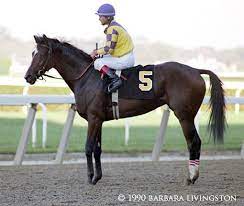“Comfort and Joy” by Kristen Hannah
She forgot that only one person knew she bought a plane ticket and she could go unnoticed until school started

She forgot that only one person knew she bought a plane ticket and she could go unnoticed until school started
Sidney Ryan was a documentarian that had a career that appeared to be going nowhere…. until, she did three small ones about convicts that were in jail and were victims of shoddy poiice work. She didn’t come out and say they were guilty but put it into he minds of the viewers. All three cases…
This is an excellent 5-star book. I am NOT going to give away the last 25% of this noel. It is something everyone that reads it needs to check out. Identity is a book about trust, friendships and heartache. The main character is Morgan and she grew up as an army rat that moved around…
This is a 2028 horror novel by Paul G Tremblay. This book is about 7-year-old Wen and her two dads. She tells she is happy she has two dads as some kids think that is cool and some tease her on that fact. She just tunes them out.The family take a vacation to a cabin…
In January we return to a weekly format once the games begin and look at the math-ups and results from the past week. We hope you enjoy College Baseball Now!
The 155th Travers will be broadcast nationwide on FOX during NYRA’s “Saratoga Saturdays” show airing from 3 to 6:30 p.m. ET. Post time is set for 6:10 p.m.

Saratoga race course will once again have the best in thoroughbred racing this weekend. The Alabama Stakes 2024 will highlight the weekend card.
The Fourstardave is part of the Breeders’ Cup challenge series, with the winner getting a spot in the Breeders’ Cup Mile at Del Mar on Nov. 2. This is a seven horse race for $500,000 at Saratoga. It is a one-mile turf race with the winner getting an automatic berth into the Breeders’ Cup Mile…
THE RAIN on the EAST COAST MAY MOVED THIS RACE to SUNDAY or later. The Arlington Million was held in the Chicago area for many years until it closed two seasons ago. Last year was the first time it was held at Colonial Downs. 2024 marks the second running of this high stake race. Let’s…
From 1884-1886, there was a professional baseball team in st. Louis known as the St. Louis Maroons. It was established by Henry Lucas (more on him later). The team played in the Union Association and dominated the only and only season the league was in existence. St. Louis Maroons debuted on April 20, 1884, at…